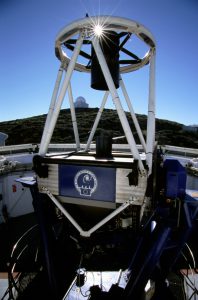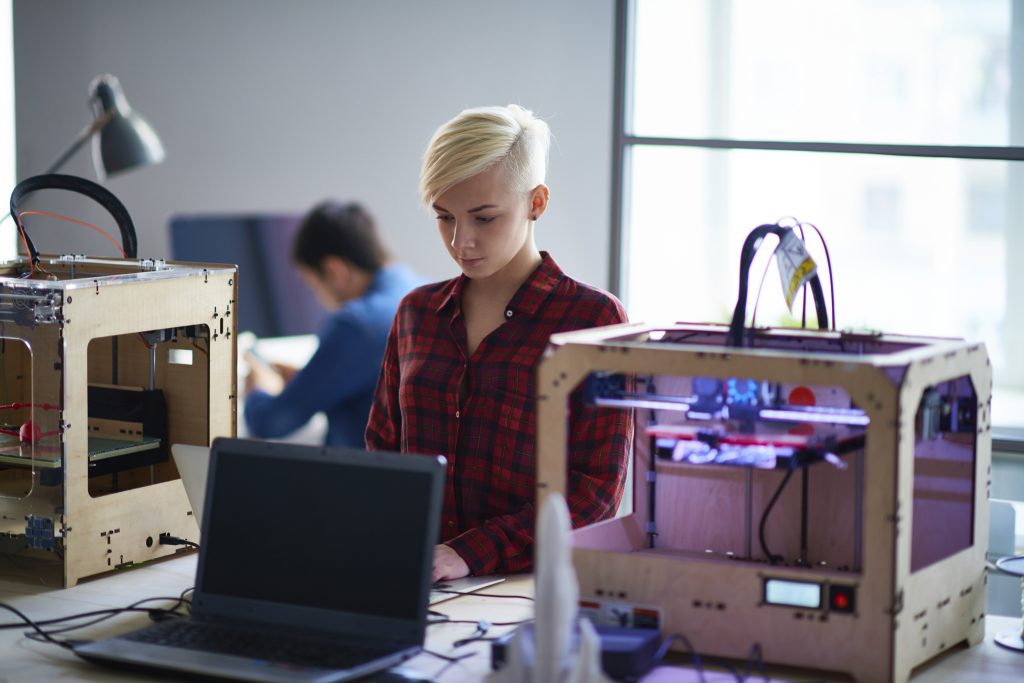 A year ago academics from across Alliance universities assembled in London to embark on an exciting new journey together. The Doctoral Training Alliance (DTA) – the largest doctoral training partnership in the country – aimed to produce independent, highly-employable researchers to meet the demands of modern industry and other employers.
A year ago academics from across Alliance universities assembled in London to embark on an exciting new journey together. The Doctoral Training Alliance (DTA) – the largest doctoral training partnership in the country – aimed to produce independent, highly-employable researchers to meet the demands of modern industry and other employers.
Our first programme is in Applied Biosciences for Health, to ensure that our world-leading research base continues to lead in the fast-moving global healthcare sector. The cohort will grow to 60 students and more than 100 supervisors this year. Building on this success, we have now launched our second programme – DTA Energy – which will connect students and staff from 12 Alliance universities.

DTA Energy will focus on producing doctoral graduates equipped with the skills and experience to tackle the global challenge of ensuring future security and sustainability of energy supplies and the management of energy demand.
Whether the communities of the future are mega-cities, urban, rural or remote, the infrastructure that supports them – including housing, manufacturing, transport and services – will rely on an energy generation and distribution network that is stable, secure, and resilient to climate change and terrorism. They will need researchers and leaders able to work across disciplinary and sector boundaries to meet these challenges.
Key to the DTA’s success is the focus on industry relevance and collaboration. This has resulted in a major new partnership for DTA Energy with the Knowledge Transfer Network (KTN), the UK’s innovation network. This will provide PhD students on the programme the opportunity to undertake a three-month industry placement in a Small- or Medium-sized Enterprise (SME). Whilst students gain valuable skills and experience, small businesses benefit from research expertise.
International researchers and PhD students from the Australian Technology Network of Universities (ATN) will also join the DTA Energy Summer School in 2017 to catalyse further cross-border collaborations to meet global energy challenges.
Students, employers and industry partners all stand to benefit from the DTA. We provide a single gateway for business into one of the largest research consortia within the UK higher education sector. As University Alliance concluded in its Evolve. Connect. Succeed. Funding a healthy research and innovation ecosystem report last year, collaboration and connectivity must be top priorities for universities and funders if the UK is to continue to lead the world in research and innovation.
But collaboration between universities and business works in both directions, and both parties could lose out if they fail to work together, as Prof John Latham, the new Chair of University Alliance recently argued.

Image credit: Liverpool Telescope by Dr Robert Smith (LJMU).
Business collaboration is second nature to Alliance universities. For example, Liverpool John Moores University is expanding on its world-leading astrophysics research, by constructing the world’s largest robotic telescope – Liverpool Telescope 2 – which will be dedicated solely to scientific work. The £15 million project is creating jobs and driving upgrades in skills and machinery for local precision engineering SMEs, benefiting businesses in the Merseyside region.
Improving the availability of existing knowledge can also transform businesses’ future. This includes basic insight into markets which is vital for start-ups. The University of Portsmouth shares market intelligence with SMEs, and engages in strategic discussions about commercial opportunities for innovation and sales and development links to Asia. SMEs also benefit from opportunities to network and present to local business leaders at showcase events around key sector themes such as creative industries, environment and many others.
Alliance universities also collaborate with other academic institutions as well as businesses – like in the case of the Bristol Robotics Laboratory. This unique partnership between the UWE Bristol and the University of Bristol harnesses the collective strengths of its university partners and the best expertise from industry to spearhead Britain’s efforts to be a world leader in modern advanced robotics. It leads a network of European Robotics Innovation Facilities to organisations to develop and deploy robotic technologies, and boasts a Technology Business Incubator, which has produced a number of award-winning enterprises and high value jobs.
Returning to the DTA’s journey, it has travelled far in connecting Alliance members and increasing opportunities to combine strength and scale to undertake research into the challenges that our society faces. As well as the new KTN and ATN partnerships, a workshop was held recently at Manchester Metropolitan University for researchers from across our universities on the themes of Ageing and Healthspan. This quest is being undertaken by a truly multi-disciplinary crew of researchers from medical physiology to economics and technology.
Not only will collaborations emerge from this workshop which will help us share knowledge, resources, links to industry and pathways to impact, but will also equip graduates with the experience to be the research and industrial leaders of the future.
So while we look back at how far we’ve come and celebrate the DTA’s first birthday, our journey will carry on, and it is one we will continue to undertake together to explore new frontiers of collaboration.




